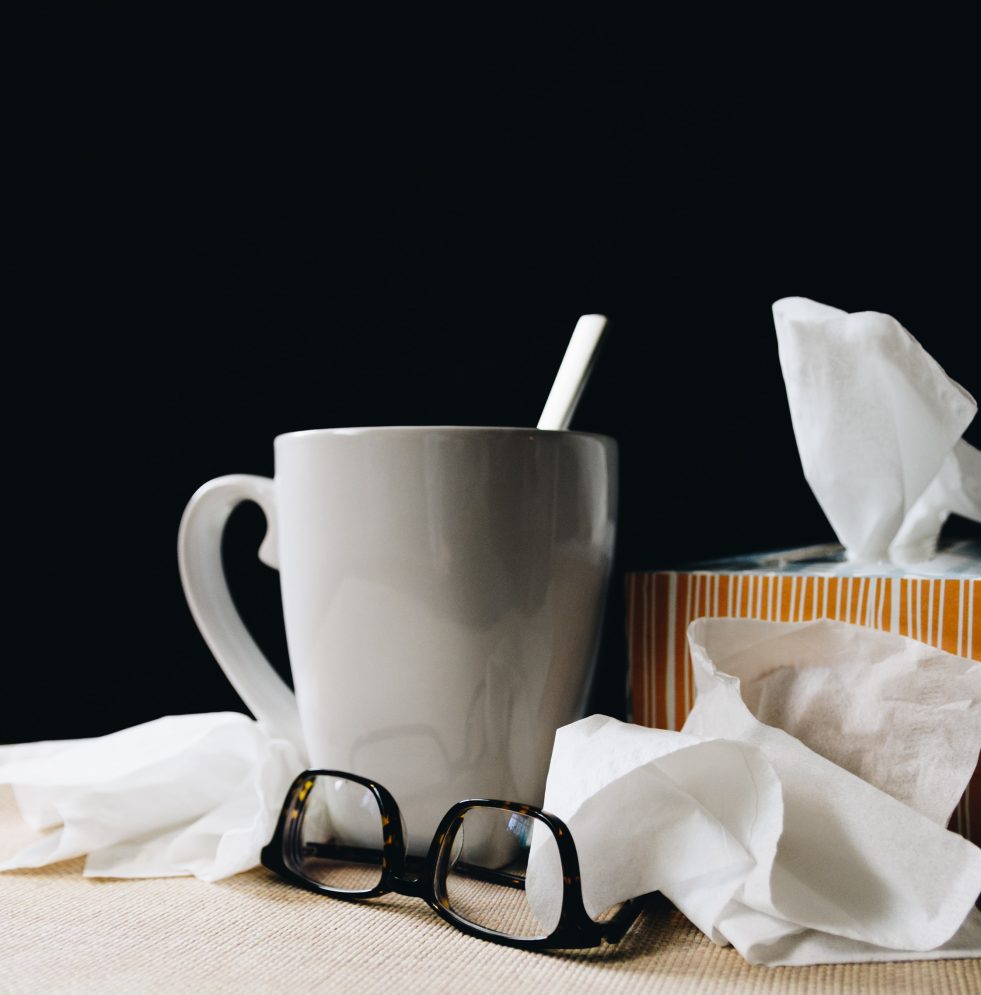💊 This article has been fact-checked by Leslie, Nurse Practitioner, a working medical professional.
Is monkeypox sexually transmitted?
Monkeypox is not an STI, but when asking the question of whether it is transmitted during sex, the answer is: yes, it can be.
Monkeypox can spread between people through direct physical contact with the infectious rash, scabs, fluid from sores or the saliva of an infected person. It has been discovered in semen and blood, and there is ongoing investigation underway to ascertain whether these are routes of transmission. At the moment, there is not any conclusive data to say definitively is or isn’t passed between people through bodily fluids during sex. What is certain is that Monkeypox is spread during any kind of prolonged physical contact, which can include kissing, cuddling or various kinds of sex. There is also evidence that it can be passed to a foetus through the placenta.
Even though there have been some cases of infection in women and children since May, most cases have so far occurred in men who have sex with men (MSM), especially those with multiple sexual partners or who have anonymous sex: including at sex parties, bath houses, etc. If you’re particularly concerned about it, consider getting vaccinated against Monkeypox. And make sure to talk openly to any prospective partners about how you’re staying safe, and ask how they are staying safe, too. The UK Health Security Agency has also recommended that people continue to use condoms for eight weeks after infection.
Is Monkeypox an STI?
Strictly speaking, no Monkeypox isn’t an STI. The medical profession, aka the people in the know, would more accurately describe it as “sexually transmissible”. Meaning? Basically, sex is just one of the ways it can spread. The virus can be passed on through sustained personal contact (which naturally includes some forms of sex), especially if there’s any contact between infected lesions or respiratory secretions (the mucus and saliva which is expelled when people breathe, cough, laugh, talk etc.)
If you get infected with monkeypox, it usually takes between 5 and 21 days for the first symptoms to appear. So, even though the virus can be spread through sex, contact doesn’t have to be exclusively intimate or sexual in nature for infection to occur.
Is monkeypox airborne?
According to the latest government advice, the top way Monkeypox is contracted is through prolonged contact, especially with a person’s skin lesions, or bedding or clothes that have come into contact with those lesions. The virus tends to accumulate a higher viral load in the lesions than in respiratory droplets or airborne particles. In fact, recent research has shown that very few people sharing a household with someone who had Monkeypox contracted the virus, unless they had some kind of sexual contact with them. This suggests that the primary infection route probably isn’t airborne or via droplets.
Monkeypox facts
There are a whole host of symptoms including fever, headache, muscle aches and back ache, swollen lymph nodes, chills, respiratory symptoms (sore throat, nasal congestion, cough) and especially a rash that can look like pimples or blisters anywhere on your body, including the mouth, genitals (penis, testicles, vulva or vagina, anus or butthole.) Sometimes, people get a rash first followed by other symptoms, others experience only the rash. If you have any of the above symptoms, we would definitely recommend getting a Monkeypox test at your nearest healthcare provider, and luckily results are usually available within a matter of days.
How serious is Monkeypox?
In the UK and US, the current strain of Monkeypox is rarely fatal, and over 99% of people who contract the disease are likely to survive. However other strains of Monkeypox have much higher death rates worldwide, where different populations are more commonly affected (such as children) and access to healthcare is limited.
Those who are potentially more vulnerable to contracting the virus more seriously include those with weakened immune systems, children under 8, people with a history of eczema and pregnant people or those who are breastfeeding. These individuals are eligible for medical treatment with antiviral medications, due to their likelihood of becoming seriously unwell, or the likelihood of passing the infection onto a foetus or baby.
How to have sex with Monkeypox? (Short answer: don’t)
If you or your partner/s have Monkeypox the best way to protect yourselves is to not engage in any sexual activity. Avoid any kind of sex, kissing and especially avoid touching any rashes or lesions. Make sure to not share things like towels, clothes, fetish gear, sex toys and toothbrushes to avoid spreading the virus.
FAQs about Monkeypox
Can monkeypox spread through water in pools, hot tubs etc?
So far, no studies suggest that there’s a link between monkeypox and water in pools or tubs.
Can it be spread through sharing household items?
Yes, it can. Sharing towels, sheets, toys or clothing with someone who has Monkeypox can result in the virus spreading.
How can Monkeypox be prevented?
Ensure you are washing your hands before eating, touching your face and after you use the bathroom. Most importantly, avoid skin-to-skin contact with anyone who is presenting symptoms (lesions or rashes) that appear Monkeypox-like.
Vaccines are expected to be effective, although we are waiting for more data on the latest strain of the virus. If you can access a vaccine then getting immunised can be a huge preventative measure. Follow this link for vaccination advice in the UK, and this link for vaccination advice in the US.
What treatments are available?
There are currently no specific treatments for the virus, but as it shares similarities with other viruses like smallpox, similar antiviral drugs can be used.
Who should get vaccinated?
Vaccination is only recommended for those at higher risk of contracting Monkeypox. Higher risk factors include: being a close contact of someone who has had Monkeypox; being a bisexual/gay man; having had a sexual partner who has been diagnosed with Monkeypox in the last two weeks; and occupational exposure (e.g. those working in medical professions that put them in close contact with Monkeypox). Anyone that has engaged in sexual activity in an area where Monkeypox has been prevalent may also benefit from vaccination. You may need to have more than one risk factor in order to be eligible for the vaccine, depending on vaccine stocks. If you’d like to find out if you’re eligible for the vaccine, check here for the UK and here for the US.
Hopefully, we’ve gone some way to assuage your anxiety around Monkeypox, whilst also encouraging you to be sensible and test if symptoms present themselves. The level of community action has been incredibly important in reducing case numbers too, with thanks to people like Kayden Coleman raising awareness and sharing their own experiences to encourage people to take preventative measures in the face of this crisis. But the key takeaway here is; if you do have the virus, don’t worry. While other strains, particularly in parts of Africa, have been far more deadly, well over 99% of people in the UK and US recover from this less deadly strain of the Monkeypox virus.

Tiffany Black (she/her) is a writer and comedian based in London. She loves love, but please don’t make her say it out loud. Currently, writing a one woman show in development for the Edinburgh Fringe 2023. The creator of 40 days and 40 nights un/satisfied, she writes on love, food, sex and power and also works as a brand and strategy consultant in tech (you know, to make actual money). Reach out to flirt, commission her, or to help you give your brand an actual personality. At the moment, she’s open to everything. In a really feminist way though, ok.
Follow her on Instagram: tiffanyblack___

